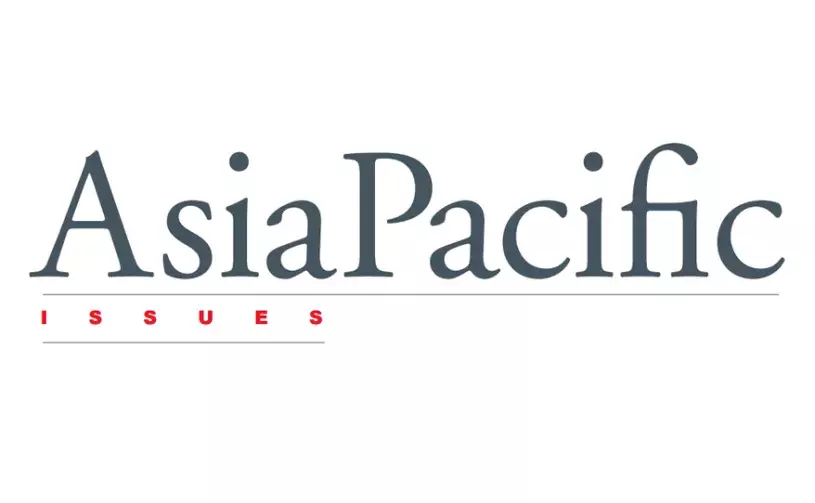Error message

The North Korean cyber attack against Sony Pictures Entertainment in connection with the planned release of The Interview raised important questions about the feasibility of deterrence in cyberspace, the protection of First Amendment values, and the responsibility of the US government to safeguard private networks. It also resulted in the unprecedented attribution of responsibility for a cyber attack to a nation state by a US president, despite public controversy over the evidence. North Korea has long engaged in provocative behavior on the Korean peninsula, recently including cyber attacks, but the probability of general war with South Korea remains quite low. Strategists describe this problem as the stability-instability paradox. North Korean coercion targeting a corporation on US soil in effect extends this dynamic into global cyberspace. It is impossible to deter all forms of cyber harassment, but policymakers can manipulate the threshold of ambiguity that makes limited aggression more or less attractive.
The views expressed in this publication are those of the authors and not necessarily those of the Center.
The North Korean cyber attack against Sony Pictures Entertainment in connection with the planned release of The Interview raised important questions about the feasibility of deterrence in cyberspace, the protection of First Amendment values, and the responsibility of the US government to safeguard private networks. It also resulted in the unprecedented attribution of responsibility for a cyber attack to a nation state by a US president, despite public controversy over the evidence. North Korea has long engaged in provocative behavior on the Korean peninsula, recently including cyber attacks, but the probability of general war with South Korea remains quite low. Strategists describe this problem as the stability-instability paradox. North Korean coercion targeting a corporation on US soil in effect extends this dynamic into global cyberspace. It is impossible to deter all forms of cyber harassment, but policymakers can manipulate the threshold of ambiguity that makes limited aggression more or less attractive.
The views expressed in this publication are those of the authors and not necessarily those of the Center.







